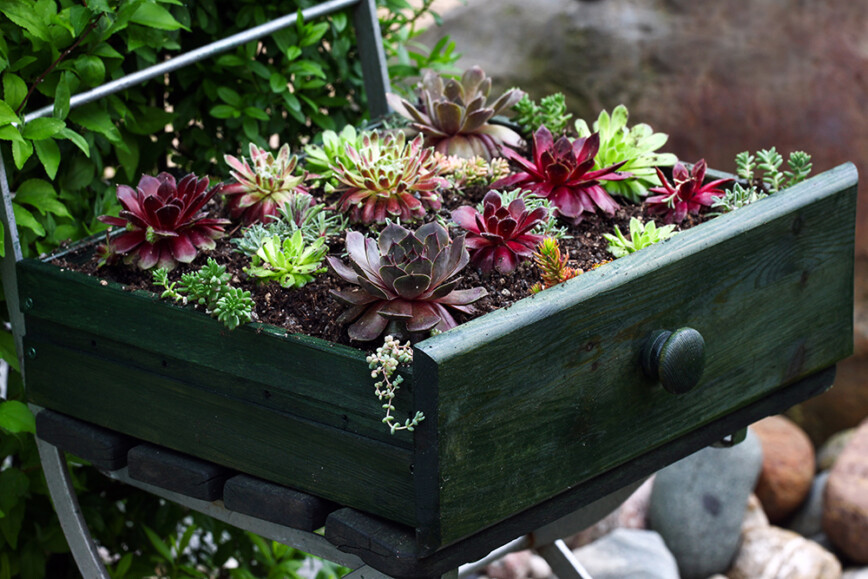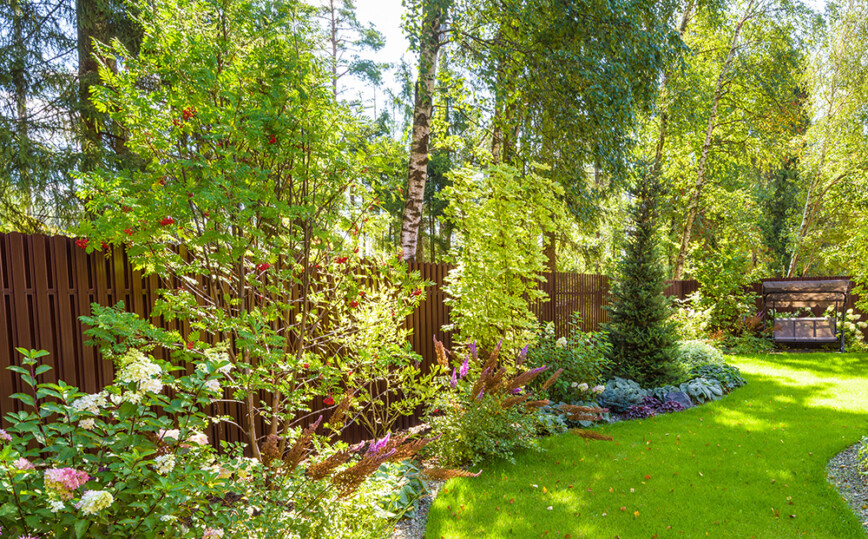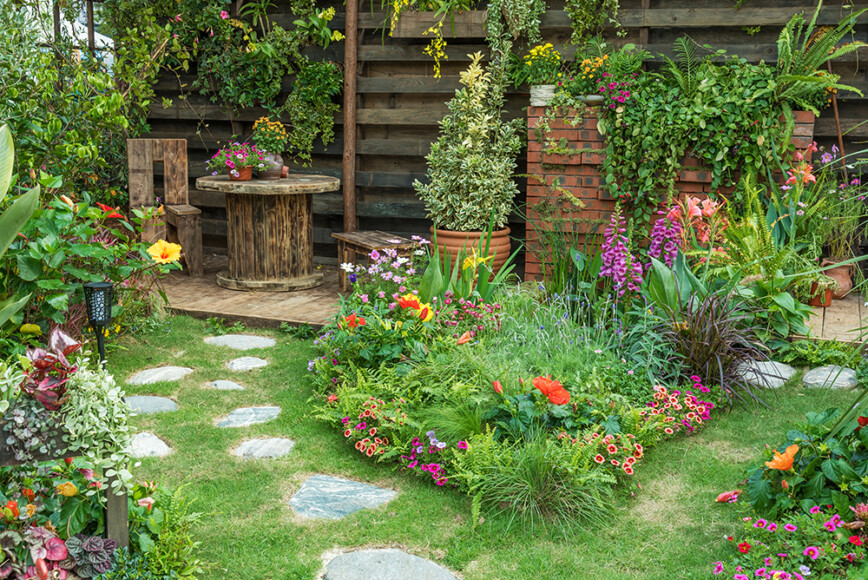Many people around the world try to practise green living to do their part in saving the planet.
You can do the same. It doesn’t need to be a radical change, but you can start small and grow from there. For example, if you are starting a garden project, you can make it more sustainable. There are many benefits to this, including the following:
- It reduces water pollution since you don’t use chemicals that may flow to water sources.
- Natural compost encourages the growth of good bacteria in the soil that absorbs carbon dioxide, thus reducing its emission.
- It’s safer for people, pets and wildlife as it prevents exposure to chemicals that could cause health problems.
Sustainable gardening is not hard to do. If you start now, you will get used to it, and it will become part of your routine. Here are tips to make your gardening eco-friendly.
Start composting
Non-organic fertilisers contain chemicals that could be toxic to the environment. Instead, you can use organic fertilisers made of natural matter, which are not harmful to the surroundings. Better yet, start composting to save money while ensuring that your soil is healthy. You can turn your food waste, leaves, tea, and coffee filters into compost. These things are readily available at home, so they are not hard to find.
Use reclaimed timber
Instead of buying new woods, choose reclaimed timber for building various items in your garden, like a table, chair, shed, or fence. These woods came from buildings or other structures. They are durable, more affordable, and have a touch of history.
Repurpose items
With creativity, you can turn old items around the house into something useful for your garden. It’s one way of being sustainable as it prevents you from buying new products, thus also preserving the resources used to make them.

Examples of things you can repurpose are old clothes that you can use as rags for cleaning and cans or gallons that you can turn into watering cans. Moreover, instead of purchasing brand new, you may check out garage sales and thrift stores for second-hand items that are still in excellent condition.
Collect rainwater
Take advantage of the free water source by collecting water when it rains. Have your barrels or containers ready so you don’t miss the chance when it pours. Also, water the plants only when needed and with the right amount. Overwatering can cause serious problems as plants will not get the oxygen they need, leading to root damage or even death.
Choose drought-tolerant plants
If there is a long dry season in your area, get drought tolerant plants to save on your water usage. They do not require much watering since they can survive in dry periods.

Add trees too that will provide shade when they grow. It will help cool your home during summer, thus lowering the energy bill and preventing floods in the rainy season. They may take years to grow, but it’s something that even the next generation in your family can enjoy.
Sustainable gardening has personal and environmental benefits. Consider the tips above to make your gardening project more sustainable
